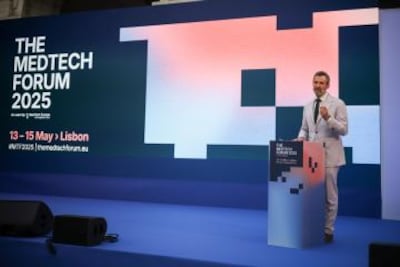When Ark Therapeutics Group PLC announced its intention to IPO in early 2004, numerous commentators questioned the company's chances of success. An earlier attempt to IPO in 2002 had failed and the firm lacked strategic focus, the skeptics contended. In the event, the size and scope of Ark's March 2004 IPO suggested they were wrong. Ark raised £55 million ($102 million) in one of the largest biotech flotations globally since the IPO window opened in the US in the second half of 2003 (second only to Eyetech Inc. 's $146 million Nasdaq listing concluded in January 2004 [See Deal]). The offer was three times oversubscribed despite being priced in the middle of the offer range [See Deal].
Since then however Ark's stock has fallen over 14% to 113.5p. (See Exhibit 1.) Yet so have the prices of...



